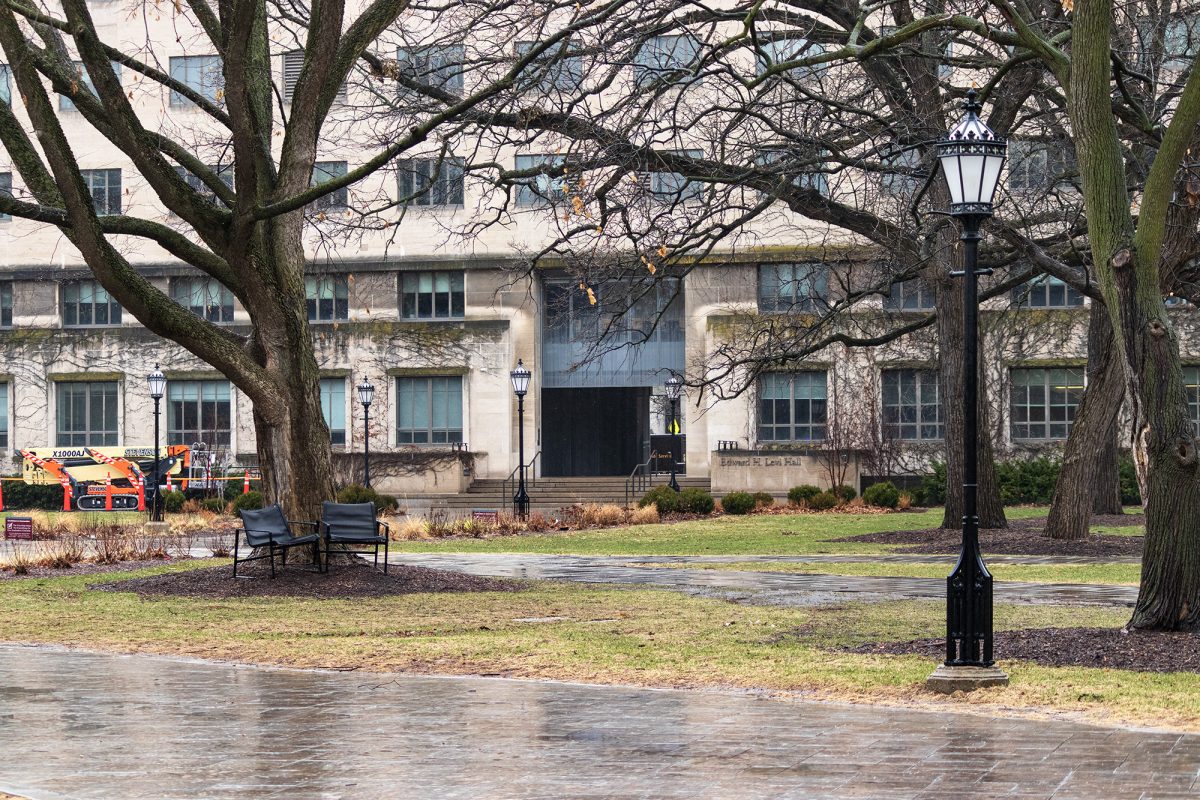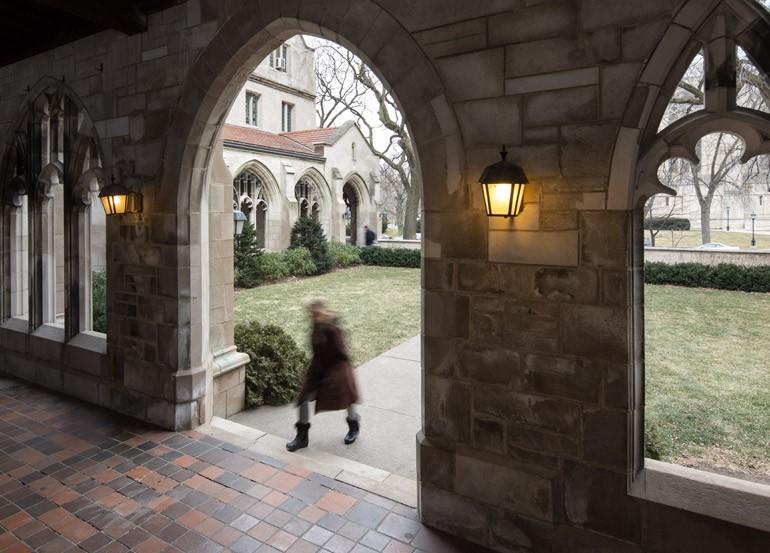Along with moving classes online to limit the spread of the novel coronavirus, many institutions of higher education have also modified their grading policies, anticipating that students may face obstacles while studying from home. At UChicago, which has not yet made the same decision, some students oppose such modifications, while others argue that these changes are the correct response to the unprecedented circumstances of spring quarter.
Massachusetts Institute of Technology and Columbia University have adopted a blanket pass/fail policy instead of giving quality grades. Columbia’s decision followed a student campaign which garnered support from faculty members. At Yale, students created an online group, “No Fail Yale,” which quickly gained traction among students pushing for universal pass/fail.
Other schools, including Carnegie Mellon University and the University of Pennsylvania, will offer pass/fail grading as a choice. Under this system, students will be able to opt in to make any of their classes pass/fail.
With the current grading policy at the College, students are not able to take general education requirements and most major requirements on a pass/fail basis.
UChicago students are more sharply divided on changing the grading policy than at other institutions: Some say the University should follow other schools and adopt modified grading policies while others oppose the change as an unnecessarily broad accommodation that would deny students the chance to improve their GPAs.
“People, especially in spring quarter, decide which class they want to take in mind that they are taking these classes for credit. If you are a graduating senior, you don’t get another chance to boost your GPA,” fourth-year philosophy major Drew Harrington told The Maroon. Pass/fail, he said, “just forecloses the possibility of doing all that.”
Students like Harrington say they’d rather stick to the status quo or see pass/fail offered as an option—not a blanket policy.
“Enforcing P/F for everyone would (regardless of any “considerations” taken by graduate programs) negatively impact graduate school apps, and honestly, probably our motivation to learn, as well,” Jane Kelleher, a fourth-year physics and classics double major, wrote in a public post. Kelleher will apply to medical school some time after she graduates.
Meanwhile, those advocating a more relaxed policy say GPA considerations shouldn’t be the decisive factor for changing the University’s policy, arguing that graduate school applications would not be affected, given that most colleges are taking similar measures.
English professor Zachary Samalin thinks that with two of the most prestigious institutions in the country adopting these changes, graduate schools will use similar leniency in their admissions process.
“If [Columbia and MIT], two of these major institutions, have done Pass/Fail, graduate schools are going to reckon with that when they are evaluating applicants, and I doubt you're gonna see people from MIT not getting into PhD programs,” Samalin told The Maroon.
Proponents of a pass/fail system also believe concerns that students may have unequal access to housing, technology, and academic resources during distance learning outweigh the individual gain for students who want to fight for a GPA raise.
At Columbia, Dean of the College James Valentini told students that it is unfair to evaluate student work using the same standard as before, given the varying personal circumstances of students and the need to adjust to online teaching for faculty.
“While some students and faculty may feel that the usual awarding of letter grades would be desirable for individual reasons, the imperative in this time of global crisis is to do what is best for the entire academic community so that the playing field is leveled for all,” he wrote.
However, Harrington said that equity concerns cannot be solved by making classes pass/fail in the spring quarter. “These equity concerns already existed,” he said, “and it is quite naive to assume being at home rather than being in campus housing, for example, is less equitable over a range of circumstances to students.”
lmfao at uchicago kids in the mutual aid fb group showing their true colors by arguing for grades not being P/F on the basis of shit like "butbutbut i need to raise my gpa for law school










